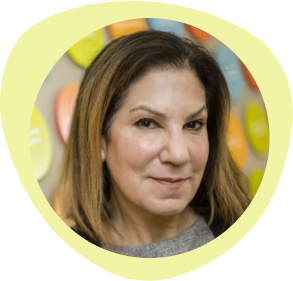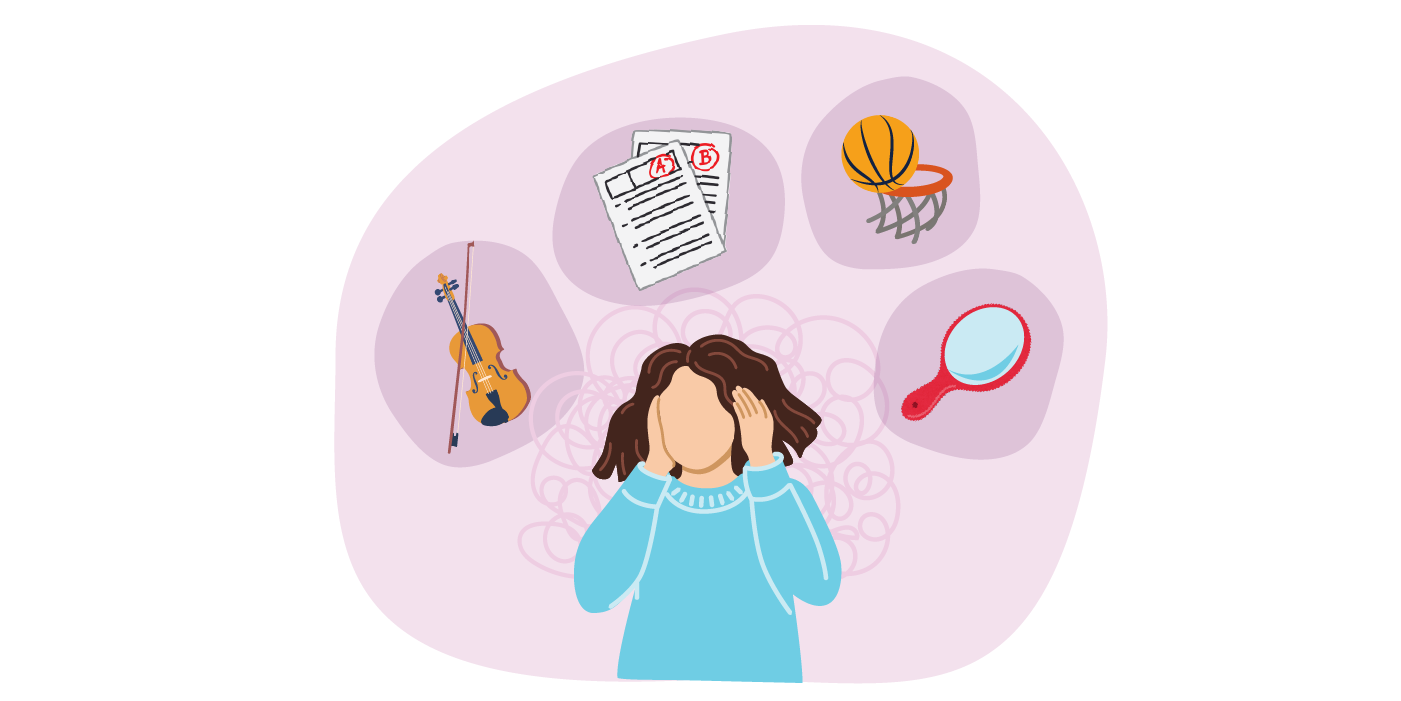High school juniors and seniors with learning differences and/or mental health challenges should use this College Transition Checklist to prepare for applying to and attending college.


written by Natalie Tamburello
Senior Associate, Community Connections

reviewed by Nicole Ofiesh
Cognitive Behavioral Scientist
Use this list to prepare for a successful transition to college.

Download a PDF of the College Transition Checklist.
Details of the Checklist Explained
When you are applying to colleges, check out the Disability Services Office or Resource Center and ask lots of questions, including what kind of documentation of disability is required.
Before you apply to a college, we suggest investigating the Disability Services Office or Disability Resource Center, either by calling or visiting in person. Ask them lots of questions that are important to you. This will help you determine if this is a school that can meet your needs when it comes to your learning or mental health differences.
Not all school Disability Service Offices are made equal. For example, some schools will require that you submit paperwork about your accommodations before each and every exam for every class. Other schools have less red tape and will only request that you file paperwork at the beginning of the year. So, asking questions about how the process works to get an accommodation on an exam–from beginning to end–will reveal a lot about the school and if that process will work for you.
You can also ask questions about campus resources for students with disabilities, affinity or student support groups or clubs, etc. This is your chance to ask the hard questions and interview them to make sure the college can support you and your needs.
Make sure your testing and documentation are up to date and accepted by the college.
Some colleges may not accept your IEP or 504 plan as documentation of a disability. The college may require that you re-test within 3 years of your freshman year in college to receive accommodations. Some colleges are more flexible about this than others, so be sure to have a conversation with the Disability Resource Center at your college to make sure that your testing is appropriate and up-to-date.
Register with the Disability Services Office.
Even if you’re not sure if you’re going to ask for accommodations in college, take the time to get everything set up at the Disability Services Office or Resource Center. That way if something comes up mid-semester and you need additional support you already have all the paperwork set and ready to go. If you wait until you are behind in school or performing poorly on exams it will be much harder to get accommodations mid-semester or mid-year if you have not registered with the Disability Services Office.
Make a medication management plan for when you are away from home.
If you take medication for your mental health challenges or for your learning differences like ADHD, it’s really important that you make a plan for where you are going to keep your medication, how you’re going to keep it safe and secure, how you will refill prescriptions while on campus, and how you’re going to talk about your medication needs with your friends.
It is likely that at some point in college someone will ask you for your meds to take recreationally. You should think now and practice how you want to respond to those questions. Peer pressure and prescription medication abuse are real. What steps will you want to take to minimize those interactions? Your college and the health center at your college may be a great resource to you as you determine your best options. Also, some medications for ADHD must be prescribed by a doctor located in the state of your college. It is very important to know the laws around accessing prescription medication before you move to another state for a job or for college.
Come up with a time management plan that works for you.
Time management is probably the most important skill you can learn and exercise while at college. All nighters and long weekends studying or writing papers can be avoided with good time management skills. A little obsessive planning on your part at the beginning of each semester will save you stress and panic later.
- At the beginning of each semester, make sure that you obtain a full syllabus of all the exams and papers that will be due for each course.
- Get a planner (paper or digital) that works for you and put all of the dates of those exams and papers in your calendar.
- Determine how much time you will need to write or study for each of those items and mark the day in your calendar when you should start studying or writing.
- Remember to follow through and use your planner to keep you on time and on task. Avoid procrastinating by making even small steps, such as outlining a paper, finding some quotes you need or studying for 30 minutes. This type of planning will save you from panic or cramming at the last minute.
Determine what assistive technology you might need.
You probably used some sort of assistive technology in high school. If not, we suggest playing around with some different options now as you’re preparing for college. There are some really helpful time management apps available as well as text to speech technology. The demands of college will be more than the demands of high school, and you might want to start using assistive tech so that you can spend more time learning and having fun instead of struggling through long readings or forgetting deadlines.
Check out these lists of assistive technologies and figure out what might be helpful to you.
Assistive Technology Apps and Extensions for Struggling Students
Assistive Technology Tools for Learning Differences, ADHD, and Executive Function Challenges
Investigate campus resources you may use: writing center, tutors, scanners, mental health center.
When you visit a potential college, or in your first week on campus (the earlier the better), scope out all the resources they offer that could come in handy for you at some point. Do they have a Writing Center? Tutors? Note taker? Is there a way to scan texts so that they are readable? Do they have a mental health center? Is there cost associated with any of these services? Learn and explore. If you do this now, then when you’re in a bind, you’ll be glad that you did the research ahead of time.
Practice asking for accommodations from your instructor.
Even if you set up your accommodations through your Disability Services Office at your college, you will have to talk to your instructor or professor about your accommodations and your disability.
- One option is to approach your instructor at the end of your first class and ask if you can have a minute of their time to talk about your needs. At this point you should have already registered with the Disability Services Office and your instructor should have received an email about you and your accommodations.
- The goal of approaching your instructor is that your instructor starts to get to know you; they can put a face to a name. Communicate that you are here to collaborate and partner with them on how they can do their best to support you as a student in their course.
- Be clear about what your accommodations are. Be open to hearing what they have to say and be flexible. Have options ready for them to make their job easier. The easier you make it for your instructor and the more interest you show in doing your best work in their class, the more likely your instructor will be to meet your accommodation requests.
- If you don’t feel comfortable approaching your instructor after class, you can also send an email detailing the same information and asking if you can stop by during their office hours to ask any questions. It is important to get face-to-face time.
See Discussing Accommodations With Your Professor to learn more.
Practice talking to your friends about how you learn differently.
Inevitably, your learning or mental health difference will come up with your friends while you’re in college. Someone might notice that, for example, you stay longer after an exam, or they see you taking medication one day. Whatever might happen, it’s good to be prepared to be able to talk about yourself and your diverse needs in a proud and positive way. Being confident and knowledgeable about yourself is the best way to navigate these conversations.
Find your community!
Making the time to find a group of people at your college that you really identify with is really important. It might be a group of students who also have similar differences as you, or perhaps it’s an a cappella group or a fraternity or sorority. It doesn’t really matter as long as you feel like you can go to this group of people when you need support and that you can be your true and authentic self with them.
Know your mind!
Probably the best advice we can give you as you enter college is to develop a deep understanding of your mind and how it works. What study environments work for you? What skills and tools have you learned in high school that really worked for you? What’s the best way for you to write a paper? What subjects excite you? What subjects are difficult for you? What things take you longer to do? What things come easy to you?
Learning the strategies and tips that work best for you and navigating through coursework in your way on your own timeline is an important and difficult skill to master and will likely take your whole life. As a person who learns differently or has a mental health challenge, you have already been practicing this skill for a lot longer than other students. So, you have a leg up! You have hit walls before, or barriers in your life, and you know what you need to do to get around them. The more strategies and tools you have for yourself in your toolkit, the easier it’ll be for you to navigate new challenges.







